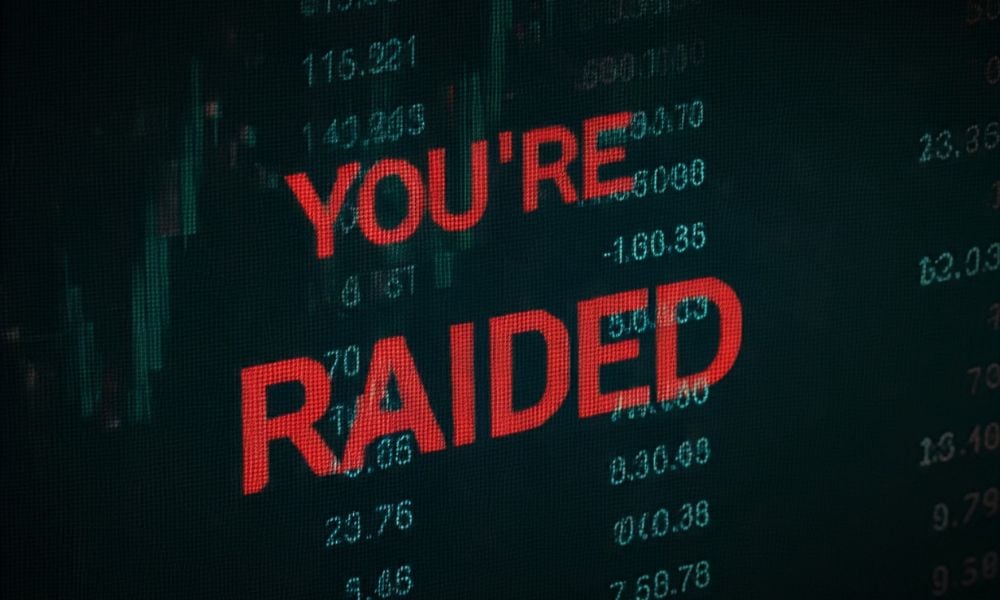

European Union antitrust regulators have launched investigations into Deutsche Börse AG and Nasdaq Inc. over potential anti-competitive practices in the financial derivatives market. The EU’s executive branch, the European Commission, conducted unannounced inspections at the offices of the two exchange groups earlier this week, focusing on whether these companies violated EU laws related to restrictive business practices in derivatives trading.
Deutsche Börse and Nasdaq both confirmed they are fully cooperating with the investigation. A Deutsche Börse spokesperson stated, “We confirm the EU Commission’s investigation and we are fully co-operating,” while a Nasdaq representative echoed this, saying, “We are committed to fully cooperate with the European Commission and support the relevant authorities with the investigation.”
The raids, which took place across two EU states, are part of broader EU scrutiny of the financial services sector, particularly in the derivatives market. While these inspections could lead to fines of up to 10% of the companies' global revenue (which could be a hefty $390 million for Nasdaq), the European Commission emphasized that the firms are not yet proven guilty of any wrongdoing. It also noted that there is no legal deadline for concluding the investigation.
These raids are part of the EU’s continuing effort to examine what it calls anti-competitive behavior within the financial industry. Similar investigations in recent years have focused on traders sharing information through chat rooms to manipulate the pricing of derivatives and euro-denominated bonds. This is part of a broader regulatory push that followed the 2008 financial crisis, during which several European banks received government support to stay afloat.
Deutsche Börse, which operates the Frankfurt Stock Exchange and Eurex (Europe’s largest derivatives exchange), and Nasdaq, which runs stock exchanges in Sweden, Denmark, and Finland, have been prominent players in the EU derivatives market.
Deutsche Börse also holds a majority stake in the European Energy Exchange, allowing it to trade in power, gas, and other commodity derivatives.
The outcome of this investigation could have significant implications for both companies and the broader derivatives market, although EU regulators have stressed that investigations of this nature don’t always result in large fines.

Eliseo Prisno, a former Merrill advisor, allegedly collected unapproved fees from Filipino clients by secretly accessing their accounts at two separate brokerages.

The Harford, Connecticut-based RIA is expanding into a new market in the mid-Atlantic region while crossing another billion-dollar milestone.

The Wall Street giant's global wealth head says affluent clients are shifting away from America amid growing fallout from President Donald Trump's hardline politics.

Chief economists, advisors, and chief investment officers share their reactions to the June US employment report.

"This shouldn’t be hard to ban, but neither party will do it. So offensive to the people they serve," RIA titan Peter Mallouk said in a post that referenced Nancy Pelosi's reported stock gains.
Orion's Tom Wilson on delivering coordinated, high-touch service in a world where returns alone no longer set you apart.
Barely a decade old, registered index-linked annuities have quickly surged in popularity, thanks to their unique blend of protection and growth potential—an appealing option for investors looking to chart a steadier course through today's choppy market waters, says Myles Lambert, Brighthouse Financial.
